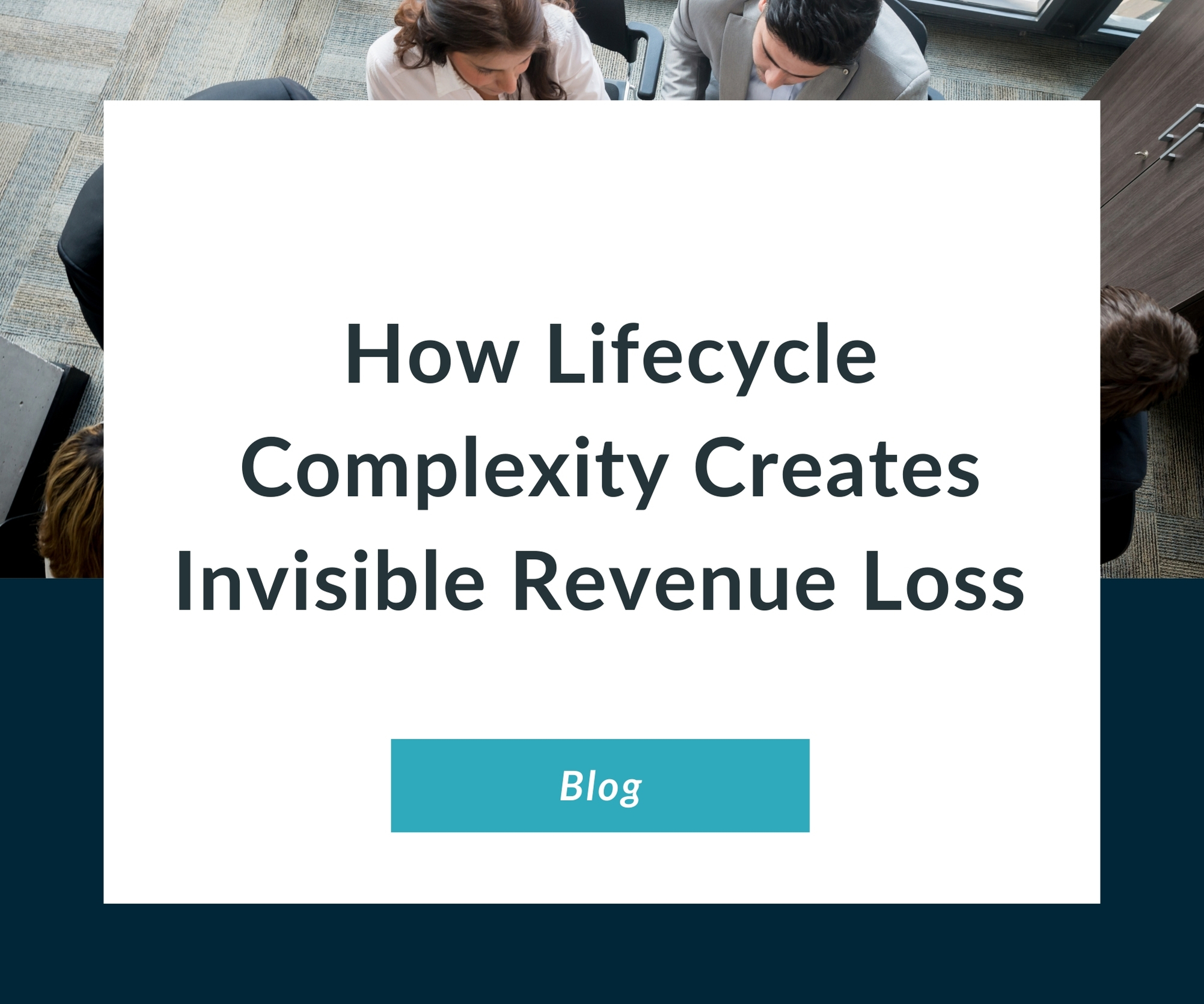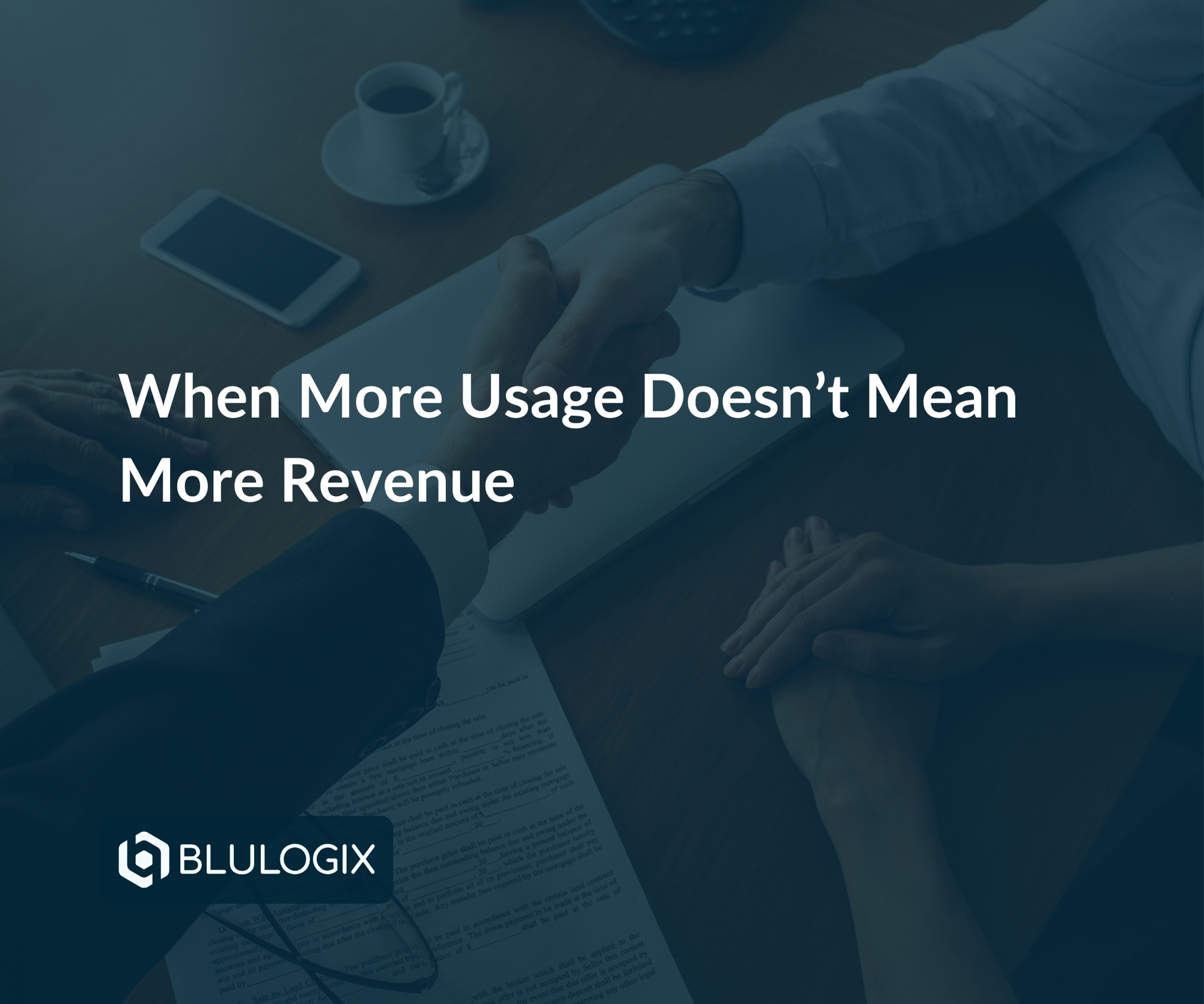See why growth companies choose BluIQ
The Ultimate in Flexibility and Scalability for Subscription Management and Billing.

BluIQ is a configurable platform that bridges the gaps between your CRM, ERP and related business processes.

Customize Your Monetization Platform Quickly and Cost-Effectively.

The Ultimate Flexibility and Scalability to Process Complex Data Staging & Mediation Scenarios with Ease

End-to-end Integration for Seamless Order Activation and Provisioning

BluLogix Chargeback & Cost Recovery for Public Sector and Enterprise Organizations

BluIQ gives you reporting, intelligence and insights in one package.

Empowering Ecommerce, Self-Management, and Seamless Renewals with Channel Support


Lessons, observations and insights for the subscription business

How BluIQ helps our customers’ subscription businesses successfully grow

The latest news and analyst reports on the Software-as-a-Service and Subscription industry

Attend an event near you to connect, learn, and gain inspiration.

The best companies in the world trust BluLogix for all of their billing needs

A collection of recorded webinars and videos on Software-as-a-Service and Subscription Management

Details on BluIQ subscription management and billing platform specifications

Subscription and Software-as-a-Service guides with actionable insights

Why Top Companies Choose BluLogix
The COVID-19 pandemic is driving revolutionary changes in the IT services marketplace. To excel in this changing environment, IT Management Software-as-a-Service providers will need to offload operations to their channel in order to meet demand.
IT Decision Makers
A new survey by Aruba, of 2400 IT Decision Makers, illustrates some surprising changes brought on by the COVID Pandemic. IT decision-makers see the need to adjust their investment plans to accommodate new realities in the post-pandemic workplace including more home office environments and distributed workforces.
In light of these changes, many IT leaders are shifting to consumption or subscription models. For Software-as-a-Service companies, the most important prediction in the Aruba survey is for 41% growth of Software-as-a-Service subscriptions by IT leaders in the next 12 to 24 months in response to business challenges driven by COVID-19.
The Aruba report, entitled Preparing for the post pandemic workplace: How IT decision-makers are responding to COVID-19 has some surprising findings, including:
It concludes that: “After months in which the nature of how we work has fundamentally altered, it is unlikely that the workplace will ever be the same again.”
This data suggests that financial flexibility will be an important buying criterion for IT infrastructure in the next 12 to 24 months and beyond. There will be a shift away from Capex investments and toward more predictable spending that can be closely controlled as business operations expand or contract.
Overall, this will lead to a reduction in upfront capital investments, in favor of “as a service” models that carry lower adoption and usage risks over time.
Today, 24% of IT Decision Makers consume half of the IT solutions ‘as-a-service’. After the pandemic, the growth of hybrid workplaces will drive the consumption of ‘as-a-service’ solutions to 72% over the next 12 to 24 months, according to the survey.
For IT ‘as-a-service’ companies, the market opportunity could be great, but many Software/Hardware as-a-service providers simply are not prepared to manage this level of business acceleration. There are two primary constraints, where I see critical capabilities are missing:
The common approach to leveraging “as-a-service” channels for Software-as-a-Service has been a standard agent partner approach. Companies simply leverage the channel for sales opportunities and pay a commission to agents for selling the deal.
The agent model has worked for solution providers because a large part of their customer experience, including overhead tasks like managing upgrades, configuring and provisioning new services, and reporting, are managed in the solution provider portal.
Some companies have attempted to sell Software-as-a-Service using a reseller model instead, by enabling their partners to manage upgrades and other tasks. But the complexity and difficulty of replicating the solution provider portal experience, while maintaining some level integration is difficult for resellers. It requires significant investments in time and resources for what ends up as an inferior customer experience.
In light of today’s quickly changing workplace, solution providers must be able to push more management to the channel to meet demand. While solution providers’ early attempts to use a reseller model have ultimately failed, there is a next-generation approach beginning to gain traction among partners and distributors of Software-as-a-Service.
Although partner communities will never be able to adequately replicate the solution provider’s portal experience, some providers are finding that they can hand off the billing and collections responsibility to their partners. This is a win/win for everyone. The solution provider off-loads processes that are expensive to manage, while the partner gains top-line revenue and more customer ownership.
In this new model, the partner can manage their own service catalog and package the solution provider’s products and services with their own products and services to simplify the customer’s sales experience. This also enables resellers to deliver more value to the customer and differentiate against competitors.
This next-generation partner-reseller model will also drive more sales for solution providers by leveraging the channel to differentiate products and services with new, partner-enabled value. Resellers will be empowered to expand their reach into local markets with direct sellers. This will enable them to decrease churn and increase upgrade opportunities leveraging local partner relationships.
In this model, the solution provider continues to deliver their own customer experience as customers interact directly with the solution provider portal to manage and maintain their subscriptions to solution provider products and services.
B2B Subscription Billing platforms can help solution providers and resellers manage their shared responsibilities for billing and collections. A subscription billing platform enables companies to build a system of record they can share through integrations between their CRM and ERP systems.
These platforms can be configured to work with most mainstream business software, and platforms like BluLogix have “out of the box” integrations with CRM solutions like Salesforce, which will enable cross-platform integrations across the entire Salesforce ecosystem.



| Cookie | Duration | Description |
|---|---|---|
| cookielawinfo-checbox-analytics | 11 months | This cookie is set by GDPR Cookie Consent plugin. The cookie is used to store the user consent for the cookies in the category "Analytics". |
| cookielawinfo-checbox-functional | 11 months | The cookie is set by GDPR cookie consent to record the user consent for the cookies in the category "Functional". |
| cookielawinfo-checbox-others | 11 months | This cookie is set by GDPR Cookie Consent plugin. The cookie is used to store the user consent for the cookies in the category "Other. |
| cookielawinfo-checkbox-necessary | 11 months | This cookie is set by GDPR Cookie Consent plugin. The cookies is used to store the user consent for the cookies in the category "Necessary". |
| cookielawinfo-checkbox-performance | 11 months | This cookie is set by GDPR Cookie Consent plugin. The cookie is used to store the user consent for the cookies in the category "Performance". |
| viewed_cookie_policy | 11 months | The cookie is set by the GDPR Cookie Consent plugin and is used to store whether or not user has consented to the use of cookies. It does not store any personal data. |
The Ultimate in Flexibility and Scalability for Subscription Management and Billing.
